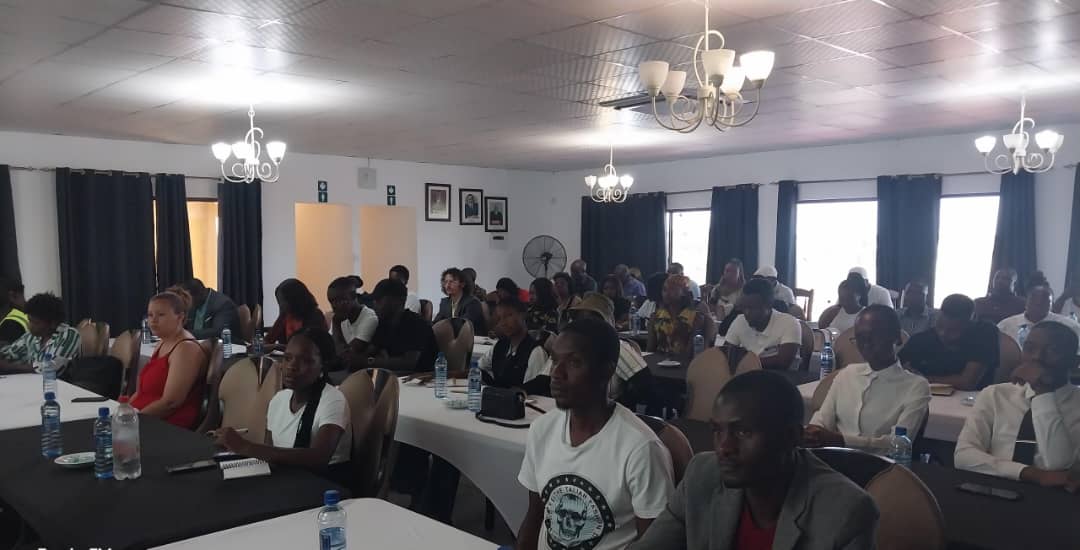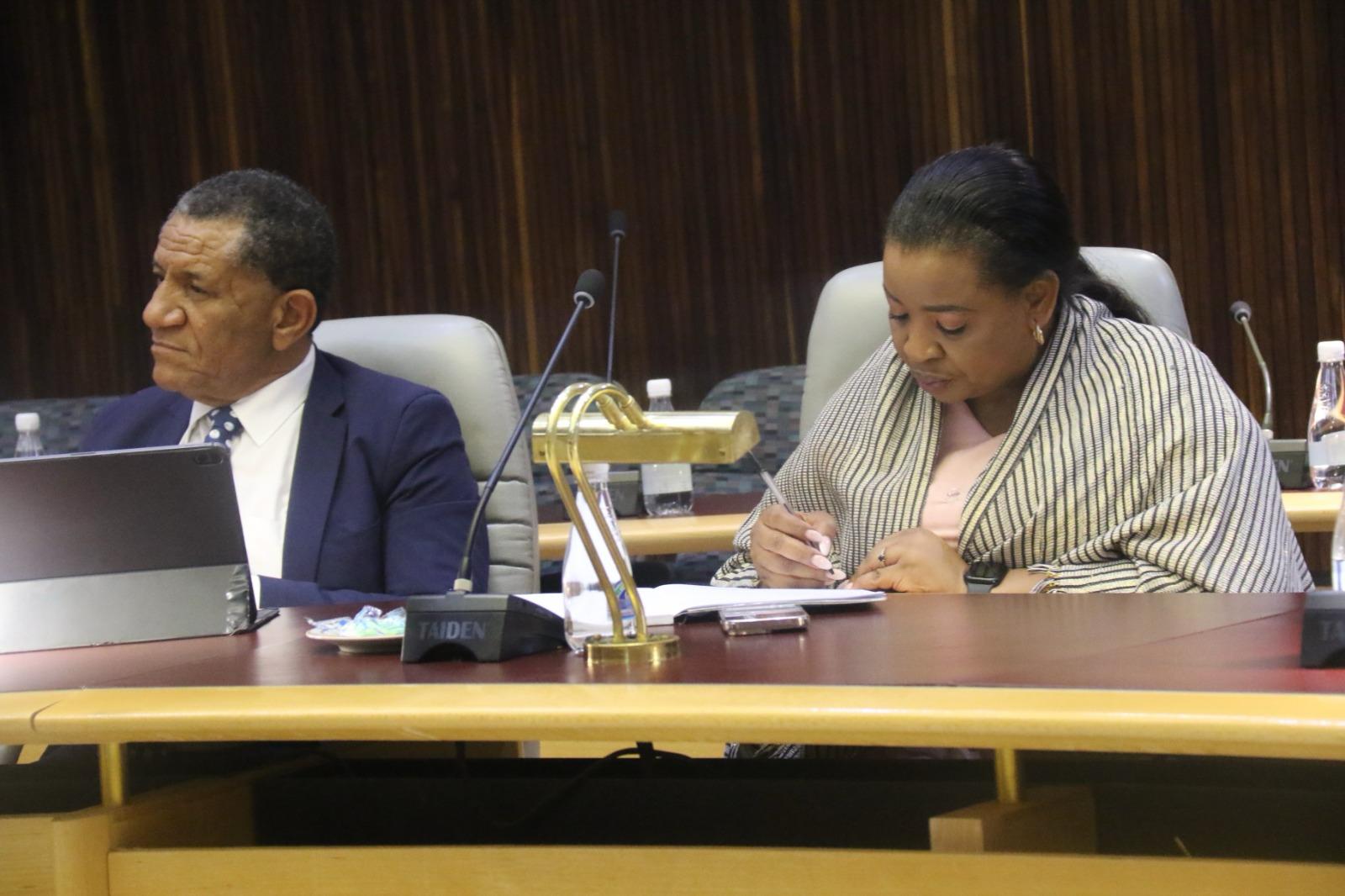Rundu Rural constituency councillor Paulus Mbangu says online bidding applications is the only way to eliminate corruption in the country.
He was speaking at a regional anti-corruption conference workshop held at Rundu in the Kavango East region on Tuesday.
Mbangu said corruption is a significant challenge in regional governance, impacting various sectors and undermining public trust.
“Online platforms can facilitate applications, transactions and information access, reducing face to face interactions where corruption might occur,” Mbangu said.
He said implementing e-governance would utilise technology to streamline government processes, reduce bureaucracy, and minimise opportunities for corrupt practices.
Mbangu emphasised the need to implement e-procurement systems as a matter of urgency.
“An e-procurement system can make significant strides in enhancing transparency, efficiency, and accountability in public procurement processes,” he noted.
He said the platform reduces the risk of corruption as all stakeholders can view tenders and bids.
“Digitising these processes minimises paperwork and administrative delays, with no room for bribes,” Mbangu stressed.
He said the lack of internal oversight mechanisms is a challenge that makes the fight against corruption difficult.
He also said mismanagement hinders effective governance and erodes public trust.
“The Kavango East Regional Council struggles with limited financial and human resources,” said Mbangu.
“The regional council faces the challenge of addressing deep-rooted socio-economic inequalities. High levels of unemployment, poverty, and lack of access to basic services remain persistent issues,” he added.
He said the gender ministry, for example, is rolling out the conditional Basic Income Grant to urban areas only, while statistical data indicates that poverty is more prevalent in rural areas.
He said tackling corruption in the region requires a multi-faceted approach that incorporates transparency, accountability, and citizens engagement.
He also said there should be penalties for those who engage in such activities.
“Regular audits and public reporting can help to keep citizens informed. Encourage citizens participation in addressing corruption,” said Mbangu.
He suggested encouraging and protecting whistleblowers
“Collaborate with civil society, NGOs and community organisations to monitor government activities and advocate for transparency and accountability,” he said.
Stay informed with The Namibian – your source for credible journalism. Get in-depth reporting and opinions for
only N$85 a month. Invest in journalism, invest in democracy –
Subscribe Now!










